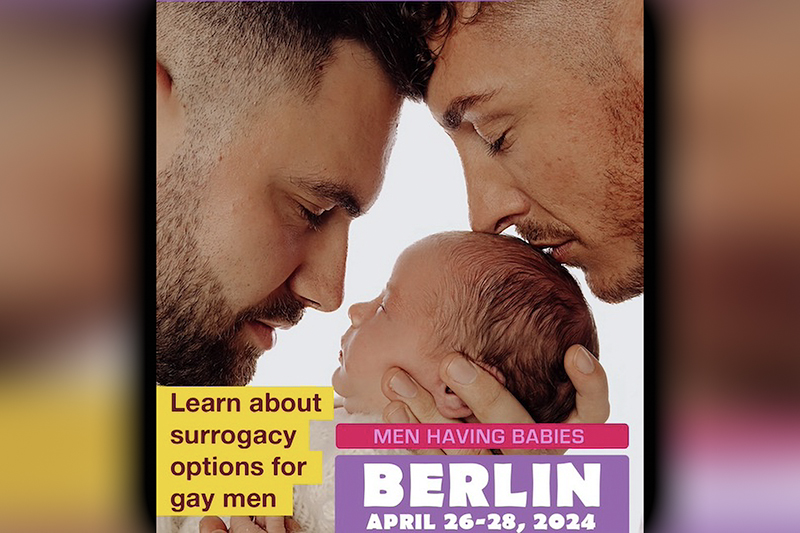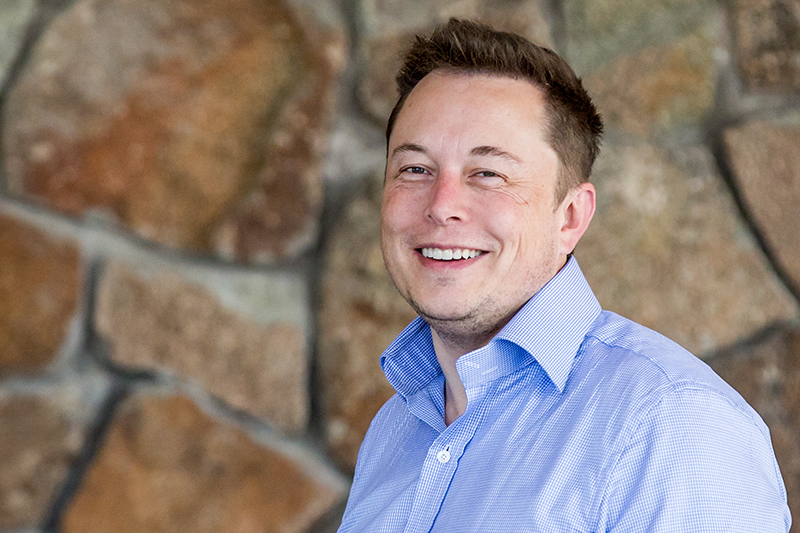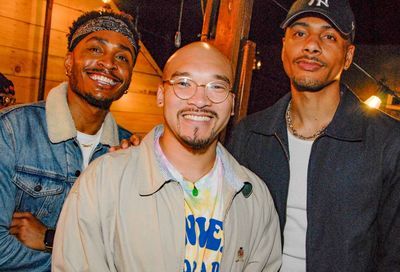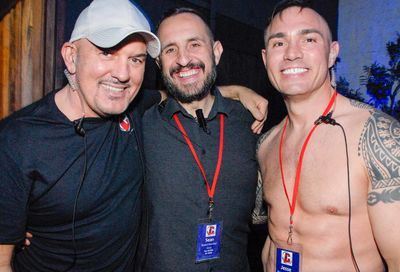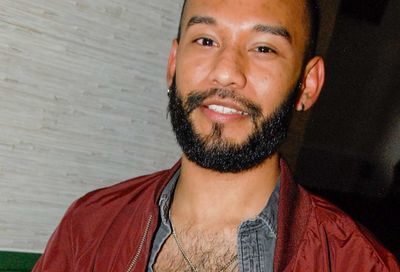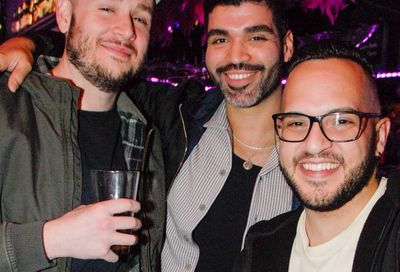Supreme Court grants stay in lesbian second-parent adoption case
Mother who was separated from children after bitter break-up will be allowed visitation rights

The U.S. Supreme Court on Monday granted a lesbian mother’s request for an emergency stay of an Alabama Supreme Court order refusing to recognize her adoption of her three children. By issuing the stay, the Supreme Court halts the Alabama decision and permits the mother to have visitation rights as it weighs the possibility of hearing the case.
U.S. Supreme Court Justice Clarence Thomas referred the application, which was joined by Tobie Smith, the children’s court-appointed guardian, to the full court. The stay will remain in effect until the Supreme Court either decides not to hear the case or, if it does, until it issues its final decision.
“I’m overjoyed that my children and I will be able to be together again,” V.L., the mother who petitioned for the stay, said in a statement. “It’s been so long — more time that I ever thought I could bear — since we have been able to be together and just do the everyday things that parents do with their children, like having dinner together and helping them with their homework. I adopted my children more than eight years ago to be sure that I could always be there to protect them. This terrible Alabama decision has hurt my family and will hurt so many other families if it is not corrected.”
V.L., who is being represented by the National Center for Lesbian Rights (NCLR) and a team of lawyers, had previously been in a long-term relationship with her partner, E.L. The couple decided to have three children together, using donor insemination. As the non-biological mother, V.L. adopted the couples’ three children in Georgia in 2007, with E.L.’s support and written consent. But when the couple broke up, E.L. prevented V.L. from seeing the children by arguing that the Georgia adoption was invalid in Alabama, where they now live.
In September, the Alabama Supreme Court issued an order agreeing with E.L. that refused to recognize the Georgia adoption and declared it to be “void.” But under the Full Faith and Credit Clause of the U.S. Constitution, states are required to respect court judgements, including adoption orders, issued by courts in other states.
In November, V.L. asked the Supreme Court for an emergency order that would permit her to visit her children, who she hasn’t been able to see since April. Her lawyers have also filed a separate request — which is still pending — for the U.S. Supreme Court to review the decision that Alabama does not have to recognize second-parent adoptions granted by Georgia courts.
“I am relieved for V.L. and her children that they can be reunited,” NCLR Family Law Director Cathy Sakimura said in a statement. “For any adoptive parent, it would be unthinkable that their adoption could be invalidated years later and that they could be separated from their children for months while they fought to be recognized. V.L. and her children have already endured what no parent or child should ever have to experience.”
Support Metro Weekly’s Journalism
These are challenging times for news organizations. And yet it’s crucial we stay active and provide vital resources and information to both our local readers and the world. So won’t you please take a moment and consider supporting Metro Weekly with a membership? For as little as $5 a month, you can help ensure Metro Weekly magazine and MetroWeekly.com remain free, viable resources as we provide the best, most diverse, culturally-resonant LGBTQ coverage in both the D.C. region and around the world. Memberships come with exclusive perks and discounts, your own personal digital delivery of each week’s magazine (and an archive), access to our Member's Lounge when it launches this fall, and exclusive members-only items like Metro Weekly Membership Mugs and Tote Bags! Check out all our membership levels here and please join us today!


